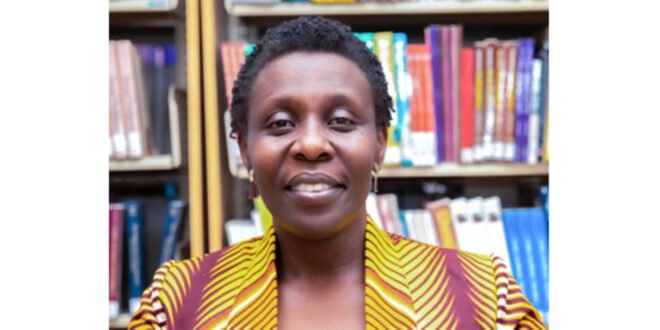The Importance of Universal Health Coverage
Universal Health Coverage (UHC) is a global health priority aimed at ensuring that all individuals and communities receive the health services they need. As the world progresses toward UHC, it becomes evident that significant challenges remain, with 4.5 billion people still lacking adequate health coverage. In Tanzania, several milestones and initiatives have been introduced to enhance the implementation of UHC as the country moves into phase 2 of its efforts to achieve health equity.
One notable initiative is the introduction and implementation of the Universal Health Insurance (UHI) Act by the government. This act mandates health insurance coverage for all residents, aiming to close the coverage gap and ensure more equitable access to healthcare services. The lessons learned from phase one highlight the necessity of a robust, equitable, and accessible health system, with Primary Health Care (PHC) serving as a reliable foundation for progress.
The Role of Nurses in Primary Health Care
Nurses are the largest component of the health workforce and play a crucial role in delivering effective PHC. However, in many settings, nurses remain underutilized, undertrained for expanded roles, or unsupported by regulatory frameworks. In Tanzania, the nurse-to-population ratio is 1:1,982, which is far below the recommended standard of 1 nurse per 500 people. This highlights the urgent need to invest in nursing capacity, including the development and deployment of Advanced Practice Nurses (APNs).
According to the World Health Organization’s State of the World’s Nursing Report 2020, Advanced Practice Nurses, such as nurse practitioners, play a pivotal role in primary health care delivery in many countries. Developing these roles is essential for achieving UHC and represents a high-impact, cost-effective investment in health systems. Aligning nursing education, policy, and practice with UHC goals can address workforce gaps and ensure equitable, quality, and sustainable health care for all.
Building Capacity in Nursing Education
To achieve UHC 2.0, it is essential to build capacity in nursing education and practice aligned with primary healthcare priorities. This includes curriculum reforms, clinical training opportunities, and policy support to define and expand the scope of advanced practice nursing in Tanzania’s health system. In remote communities where access to hospitals or physicians is limited, nurses often serve as the first and sometimes only point of care. They provide more than just diagnosis and treatment; they offer comfort, educate families, and guide communities through crises.
At the Aga Khan University, the country’s first Master’s programme for advanced nursing was launched, along with the Centre for Innovation in Medical Education. These initiatives represent significant steps in strengthening the health system through the training of skilled, compassionate, and community-centred professionals.
Institutionalizing Advanced Practice Nursing Roles
Institutionalizing Advanced Practice Nursing roles offers a suitable solution to persistent workforce gaps in Tanzania’s health system. Formalizing the curriculum to guide the development of successful Advanced Practice Nursing programmes will pave the way for nurses with advanced clinical education to provide high-quality, cost-effective care, particularly in underserved areas where access to physicians is limited. Pivotal to this success is engaging and supporting nursing councils and professional bodies to lead the advocacy on Universal Health Care 2.0 and primary healthcare at the community level.
Establishing Clear Policy and Regulatory Frameworks
To make this vision a reality, strong policy and regulatory foundations must be put in place. The creation and implementation of a national Advanced Practice Nursing policy will be essential to complement capacity building efforts. This policy should support the existing National Nursing and Midwifery Policy (2022–2032) and help clearly define the scope of practice for Advanced Practice Nurses. Doing so will enable Primary Health Care providers to deliver more comprehensive and efficient services, especially in underserved areas.
Investing in nurses for the success of Universal Health Care is not optional—it is urgent. If Tanzania is to achieve UHC 2.0 and deliver on the promise of equitable, people-centred care, bold and deliberate steps must continue to be taken to strengthen and elevate the nursing profession.
 Info Malang Raya Its All About World News
Info Malang Raya Its All About World News




